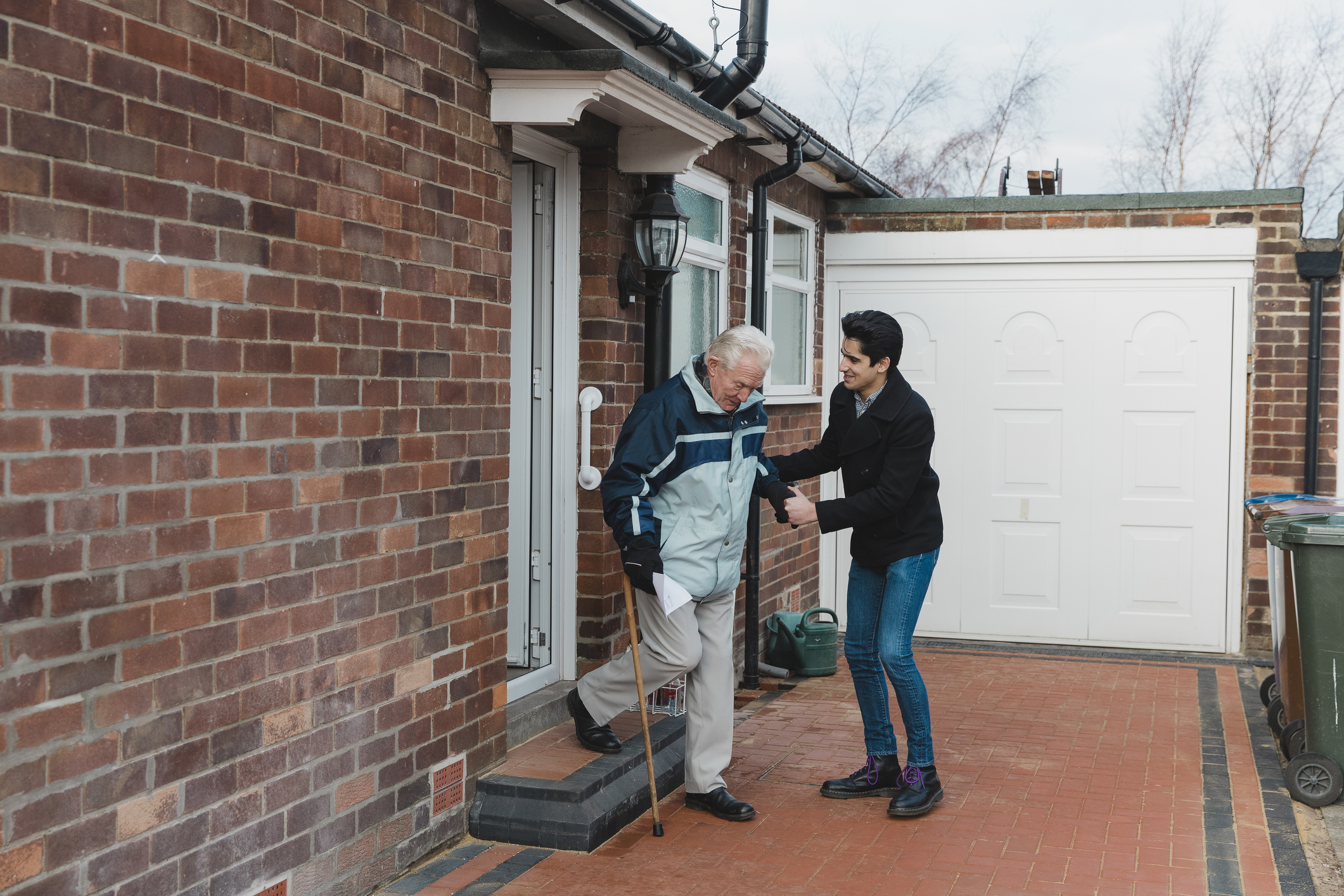With rising assisted living communities costs, more older adults are choosing the option of aging in place with the help of community support programs and family caregivers. But isolation and depression can have a significant impact on the quality of life seniors experience remaining at home – especially if they live alone.
Older adults who have an early diagnosis of dementia often encounter isolation, loneliness, shame and depression – but living with family can offer seniors with mild to moderate cognitive impairment the companionship, safety, comfort and familiarity that a nursing home may not be able to provide.
According to a recent American Medical Association Population Care report, aging in place with family can help older adults with dementia avoid food insecurity, prevent isolation, and give seniors more opportunities to use their brains to maintain good health. Older adults may not want to be a burden to their loved ones and families can be concerned they lack the training to care for someone with memory and other cognitive problems. But joining forces with dementia care health systems can help families provide care at home, with support from community-based programs.
The U.S. Census Bureau expects the American population aged 65 and older to nearly double over the next 30 years. The impending wave of aging adults has put significant stress on healthcare systems and family caregivers.
Recognizing the benefits and need for greater caregiver support, education, and training, more community-wide dementia-friendly initiatives are being implemented, however, there is more work to be done and funding needed to support aging in place.
Learn more about age-friendly health systems by following this link to the Institute for Healthcare Improvement. Visit the American Alzheimer’s Association Caregiver Tips blog here for ideas to help support informal caregivers and their loved ones.






Add Your Voice
0 Comments
Join the Discussion